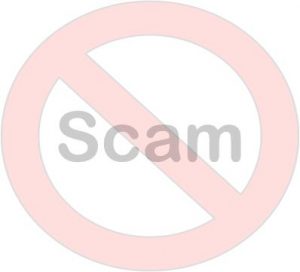
Self-Publishing Claims
Even people who know the difference between pay-for-publishing and traditional publishing can be taken in by publishing scams. The trouble is that a lot of legitimate self-publishers also make exaggerated claims as well, so you have to do your research. But these claims should be a warning to stay away.
1. The self-publisher makes claims about getting your book into bookstores. This isn’t true and it isn’t possible. It is exceedingly hard to get a self-published book into bookstores – especially print on demand, as these can’t be bought back, which is the bookstore’s insurance policy if the books aren’t sold.
That said, you can see even legitimate, major self-publishers making similar claims, as their distribution packages will allow your book to be listed in online stores – potentially thousands of online stores, as most of the stores are affiliates of major sites like Amazon, Barnes and Noble, Borders, and so on. But this is NOT the same thing as getting your book into brick and mortar bookstores.
2. The Self-publisher claims that it will be listed in its “Huge Online Store!!!” This doesn’t amount to much. If your book isn’t marketed, it could just sit in that online store. A listing doesn’t guarantee anything.
3. Excessive marketing claims – about sending out press releases, getting radio spots, and the like. This is not to say that these marketing tactics don’t work, but they’re no guarantee that they’ll gain traction. If your site isn’t newsworthy, it won’t automatically get traction in the news media. However, there is value to sending out a press release beyond getting articles written, as outlined on our press release primer.
4. The publisher does not offer you exclusive rights for your book and takes part of the royalties. Aside from the initial cost of a publishing package, the publisher should not charge your money per book above the cost of printing. Additionally the publisher should not hold the rights to the book – the rights should be the authors exclusively to cancel a book at any time or to move to a different publisher.
5. The self-publisher produces an inferior product. Try and check out the publisher’s product beforehand. A self-publisher could grant you rights to the book and have decent printing costs, but those printing costs could be due to the fact of putting out a cheap product. The better self-publishers use heavy-duty paper stock for the books – these books are indistinguishable, and often much better, than books put out by mainstream presses. You don’t want to be charged for manufacturing defects in printing of the cover – blurred images, off center, etc. – so sometimes you do “get what you pay for.” Given that you’ve made the decision to pay to publish, you should spend a little extra money to put out as high-quality a product as possible.
6. Beware of exclamation points!!! We will make you an overnight publishing success! Major publisher seeks new authors! If a site promises the impossible or tries to pose as a non pay-for-play publisher, stay away. The louder the claim, the more it’s probably suspect.
Tip: check with the Better Business Bureau to see if anyone has lodged a complaint. However, just typing in a publisher’s name and “scam” is not sufficient, as every publisher – indeed most every product – has these types of claims.
Get an Editorial Review | Get Amazon Sales & Reviews | Get Edited | Get Beta Readers | Enter the SPR Book Awards | Other Marketing Services








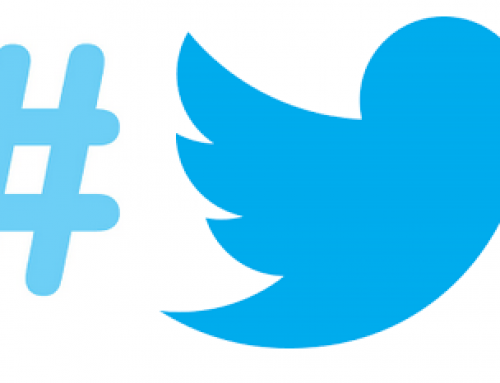

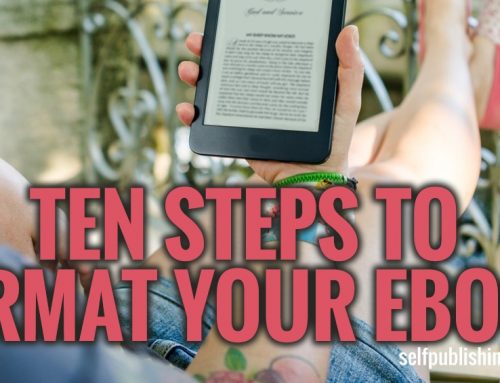

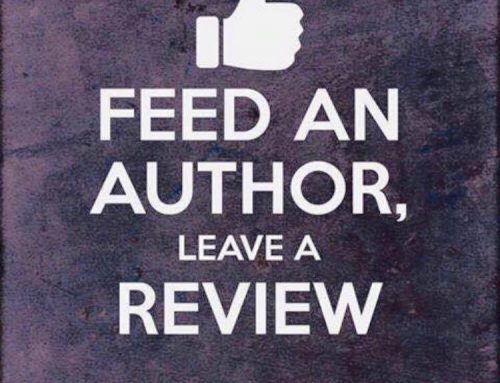


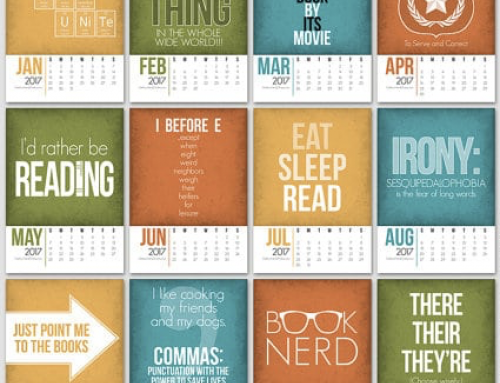

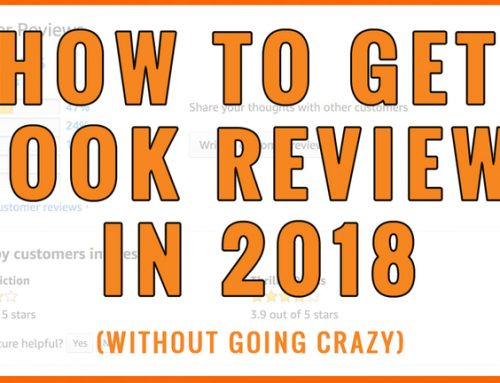
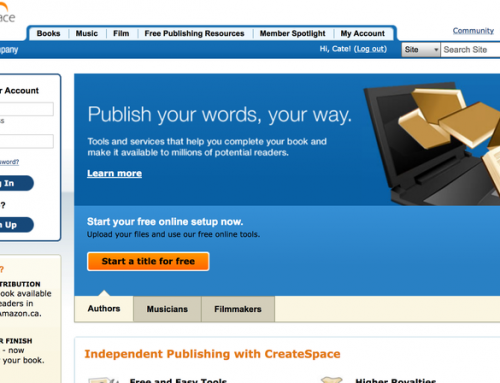
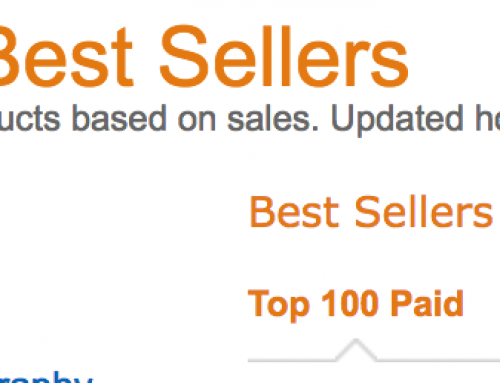
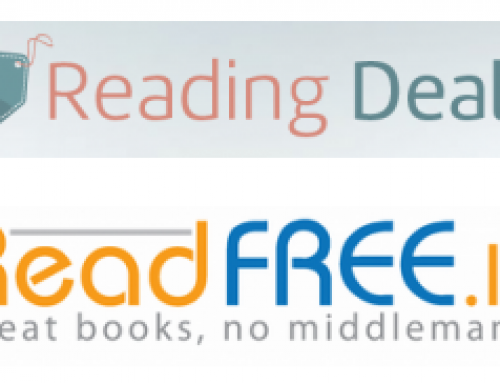
Great article!
Re claim #1, some self-publishing companies do offer returnability (all of our books are returnable). This makes it possible for you to get your book into a local brick-and-mortar bookstore or two. But this will only happen if you hustle. And even then you won’t get you into big chain bookstores nationwide. So yeah, if you encounter a company that says they’ll get you into bookstores, run.
Thank you for showing what a jungle there is out there. It shows that I may never get my book into the public domain, but at least I tried.